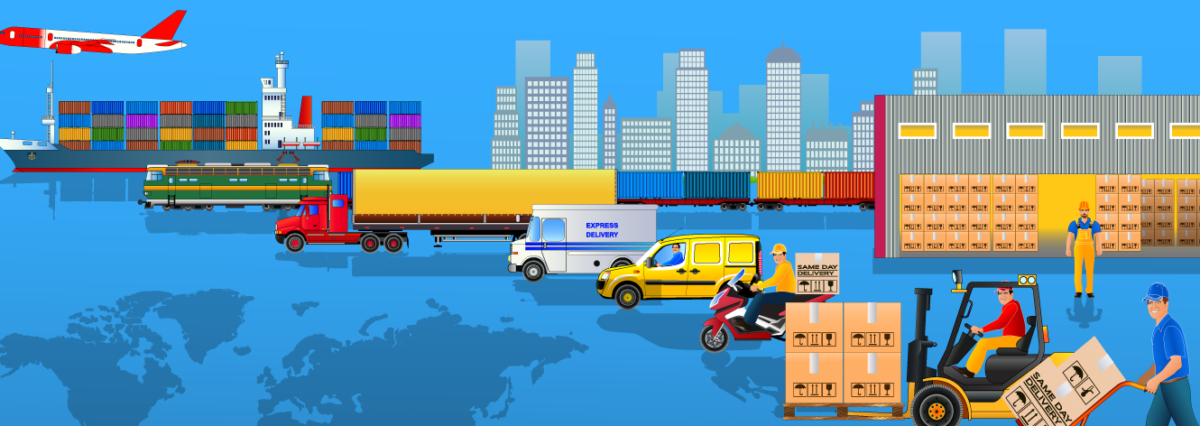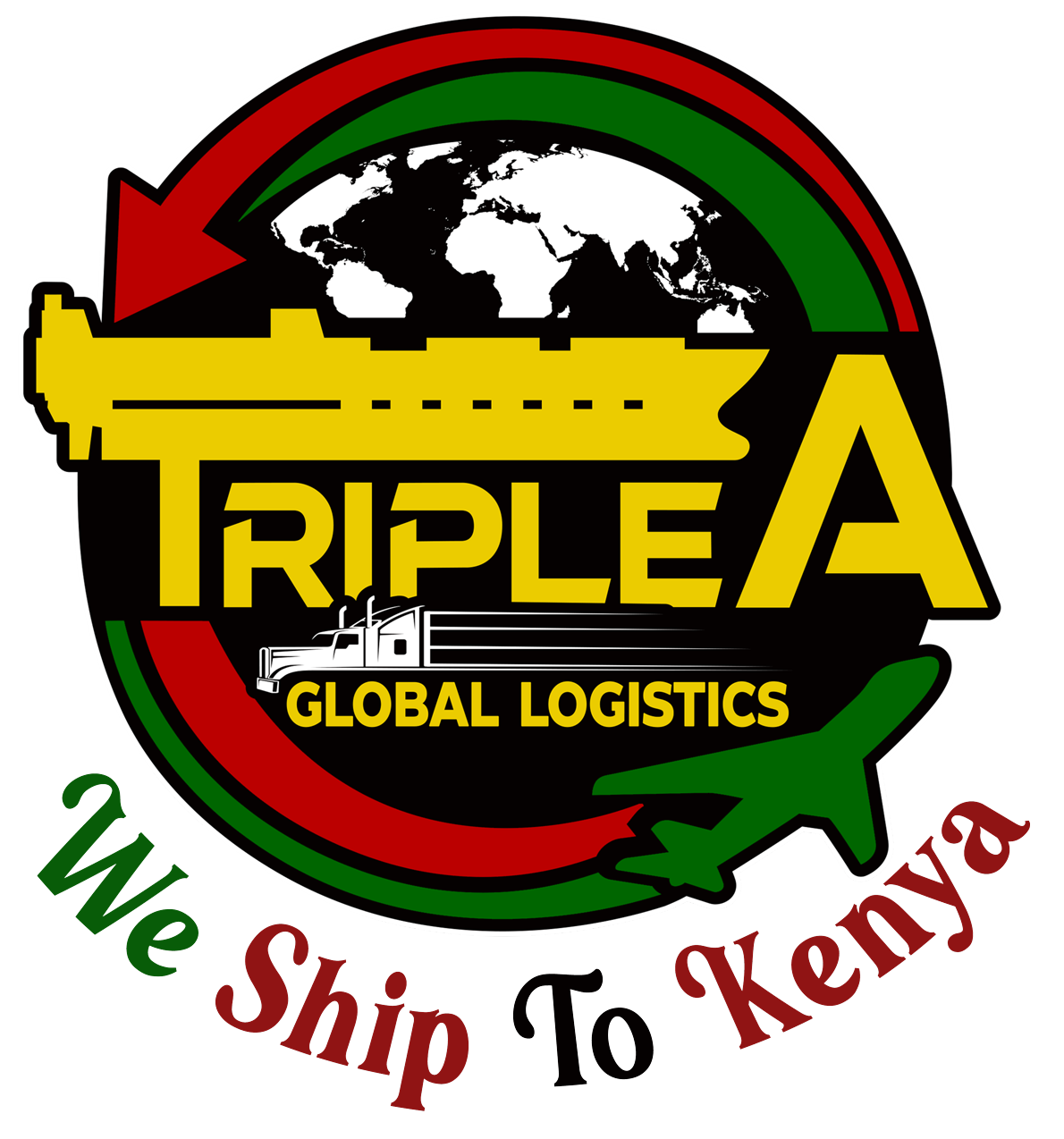Call Us:
+44(0)2039579445
+254 111 81 81 81
Mail Us:
info@tripleafreight.co.uk
Triple A

 Canada’s logistics market is vast and varied, reflecting the country’s large geographical size and diverse economy. The industry is characterized by a mix of domestic and international players,
Canada’s logistics market is vast and varied, reflecting the country’s large geographical size and diverse economy. The industry is characterized by a mix of domestic and international players, 